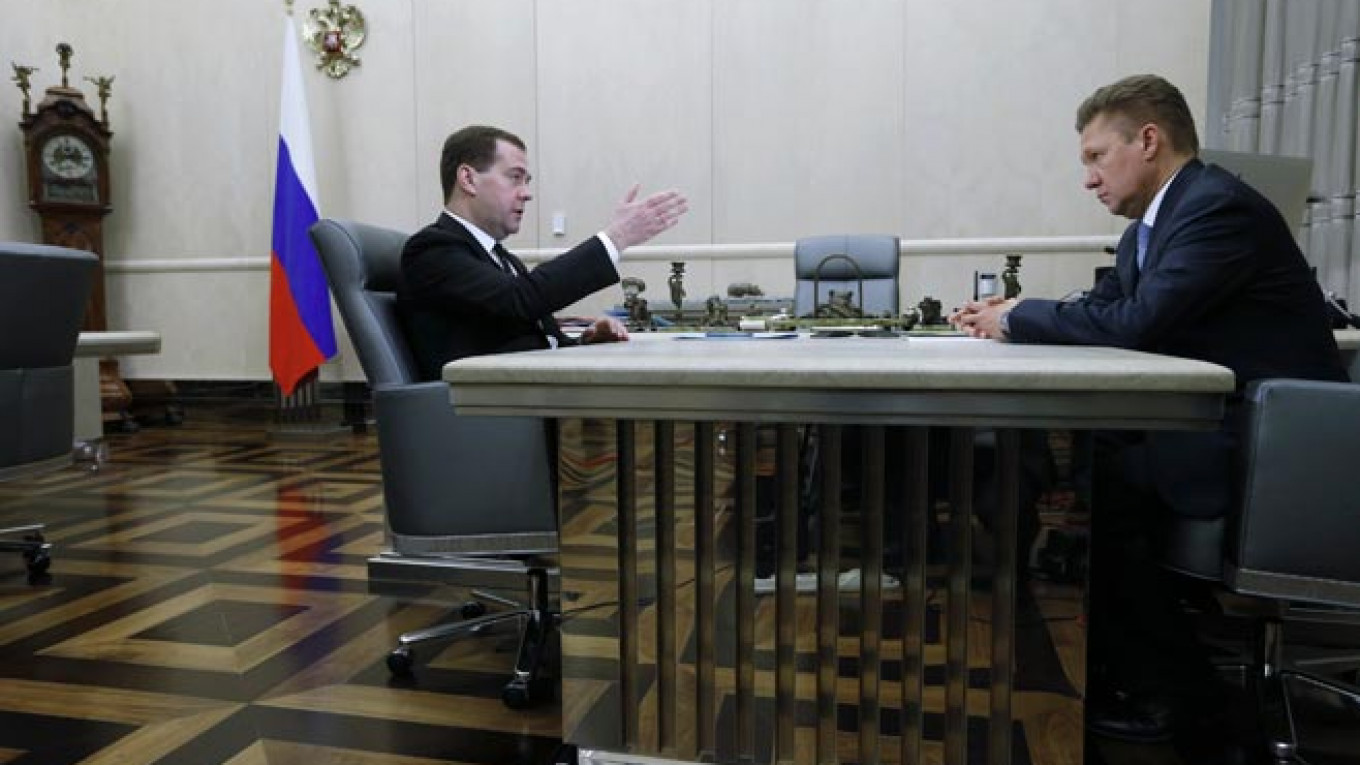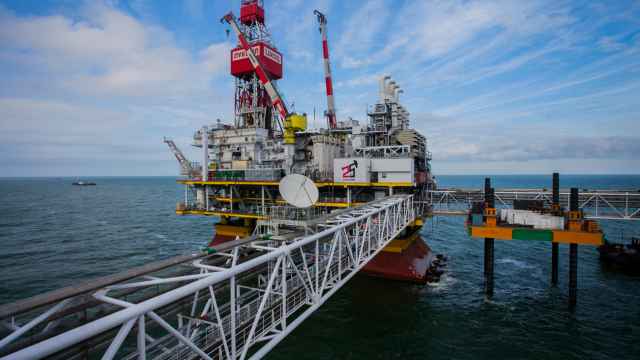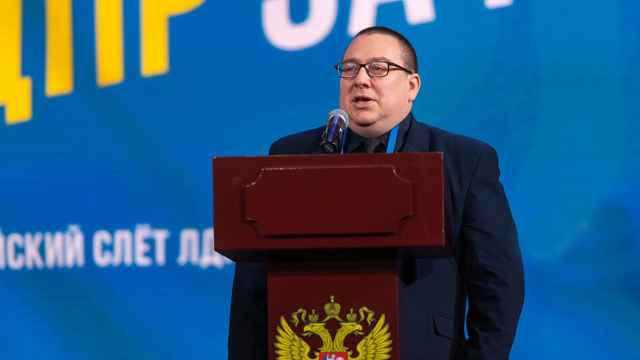Russia increased the gas price for Ukraine for the second time in just three days to push prices up by 80 percent, piling the pressure on an economy already on the brink of bankruptcy.
Ukraine, which has a new International Monetary Fund loan package to cushion some of the blow, dismissed the increase as politically motivated, saying the price was too high and that it should not have to pay for supplies at this level.
Moscow has used energy as a political weapon in the past when dealing with its neighbors, and European customers are concerned Russia might again cut off deliveries in the worst East-West stand-off since the Cold War over Crimea.
The head of Russia's top natural gas producer Gazprom, Alexei Miller, told Prime Minister Dmitry Medvedev on Thursday that the price increase was due to the introduction of an export duty on gas.
"The gas price is increasing automatically from April," Miller said.
The latest rise will be to $485 per 1,000 cubic meters — two days after Gazprom announced a 44 percent hike in the gas price to $385.5 per 1,000 cubic meters from $268.5 due to unpaid bills.
Ukraine, which covers 50 percent of its gas needs with Russian supplies, condemned the move as politically motivated.
"The Ukrainian economy should not pay such a price for gas. It is a political price," Ukrainian Energy Minister Yury Prodan told reporters in Kiev.
Valery Nesterov, an analyst with Russian investment bank Sberbank CIB, said Ukraine could apply to an international court for a settlement.
Gazprom has had to agree to cut gas prices and improve contractual terms for its European clients, including those who successfully challenged the Russian company in courts.
The European Union receives about half of its Russian gas via Ukraine.
"It would be extremely difficult for Ukraine to pay such a price. I think this is just an instrument for further negotiations used by Gazprom," Nesterov said.
Economic Squeeze
Russia has moved to squeeze Ukraine's faltering economy after protesters toppled pro-Moscow President Viktor Yanukovych, installing new leaders bent on pursuing closer ties with the EU.
Russia's annexation of Ukraine's Crimea region last month deepened tensions and Ukraine has vowed to take Russia to court over the seizure of Ukrainian assets there.
In hiking the price, Russia has scrapped two discounts simultaneously.
One was introduced in 2010 when Ukraine agreed to extend terms for Russia's Black Sea Fleet in Crimea until 2042, and the second was agreed in December after Yanukovych scrapped a trade deal with the EU in favor of closer ties to Russia.
As part of that deal, the Russian government agreed to scrap gas export duties for Ukraine-bound gas.
Earlier this week, the Russian Federation Council, the upper house of the parliament, voted to annul the agreement on the Black Sea Fleet after Crimea was annexed by Russia.
On Thursday, Gazprom also said Ukraine had to increase the level of gas in storage to ensure its stable transit to Europe.
According to Ukraine's Energy Ministry the country holds 7.2 billion cubic meters in gas storage. It needs 12 billion to 14 billion cubic meters to ensure a stable flow of gas to Europe in winter.
A Message from The Moscow Times:
Dear readers,
We are facing unprecedented challenges. Russia's Prosecutor General's Office has designated The Moscow Times as an "undesirable" organization, criminalizing our work and putting our staff at risk of prosecution. This follows our earlier unjust labeling as a "foreign agent."
These actions are direct attempts to silence independent journalism in Russia. The authorities claim our work "discredits the decisions of the Russian leadership." We see things differently: we strive to provide accurate, unbiased reporting on Russia.
We, the journalists of The Moscow Times, refuse to be silenced. But to continue our work, we need your help.
Your support, no matter how small, makes a world of difference. If you can, please support us monthly starting from just $2. It's quick to set up, and every contribution makes a significant impact.
By supporting The Moscow Times, you're defending open, independent journalism in the face of repression. Thank you for standing with us.
Remind me later.






